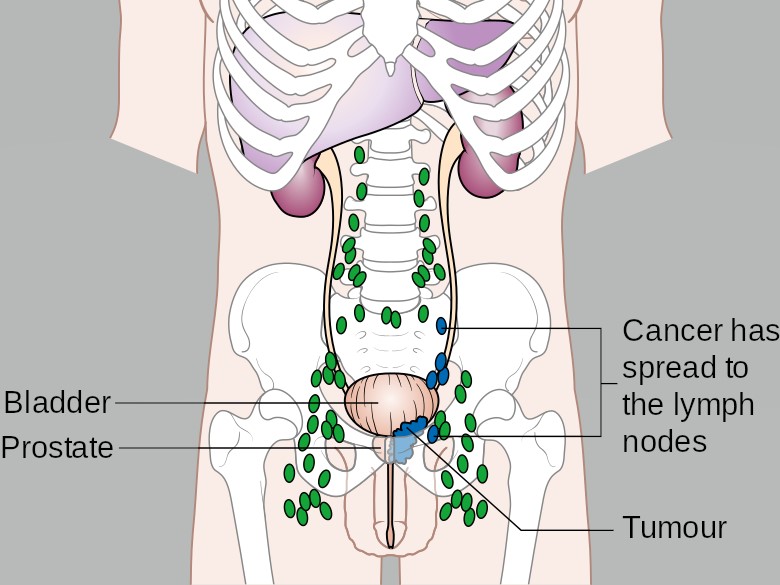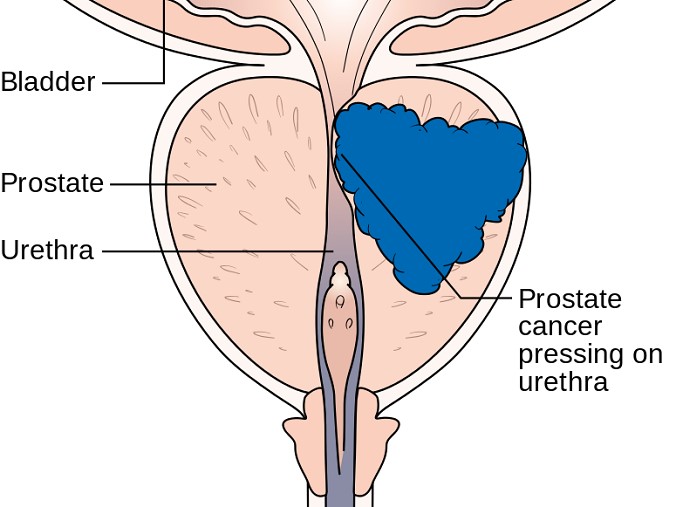Oncology of the Pelvic Floor Level 2A
Male Pelvic and Colorectal Cancers
| Price: $495.00 (Early Registrant Price $475.00) Experience Level: Beginner Contact Hours: 15.00 hours |
The rehabilitation professional is an integral part of the interdisciplinary oncology team. Pelvic cancer diagnoses have multiple systems that are affected by cancer treatment. The rehabilitation professional that works with the pelvic oncology patient needs to competently navigate treatment techniques for all of these systems, as well as be confident in treating a patient in a personal area. This two- day course will cover topics including diagnosis, medical treatment, side effects, and rehabilitation for male cancer diagnoses including prostate cancer, penile cancer, and testicular cancer. Additional covered topics will include colorectal cancer and anal cancer.
This course is part of the new oncology series. The first course, Oncology of the Pelvic Floor Level 1, will be offered initially. This course and the female pelvic oncology course (OPF2B) will be offered in the future. Please check the website in the future for further information. Please note PF1 is required prior to being able to attend this class, as labs will include treatment to the pelvis, perineum, and genitalia.
Audience:
This continuing education seminar is targeted to physical therapists, occupational therapists, physical therapist assistants, occupational therapist assistants, registered nurses, nurse midwives, and other rehabilitation professionals. Content is not intended for use outside the scope of the learner's license or regulation. Physical therapy continuing education courses should not be taken by individuals who are not licensed or otherwise regulated, except, as they are involved in a specific plan of care.
Prerequisites:
This course requires prior experience with internal exams. Pelvic Floor Level 1 is a prerequisite course. In addition, participants are expected to complete Oncology of the Pelvic Floor Level 1 or passed a certified lymphatic training course prior to attending.
Following the completion of this course, the participant will be able to:
1. Discuss diagnosis and prognosis of male oncology populations.
2. Discuss diagnosis and prognosis of colorectal oncology populations.
3. Describe the anatomy and pathoanatomy of the lower gastrointestinal system, and the male pelvis.
4. Describe surgical and non-surgical treatment options for male cancer patients.
5. Describe surgical treatment options for colorectal and anal cancer patients.
6. Correctly articulate staging and other terminology concepts for male cancer patients, as well as colorectal and anal cancer patients such as prostate-specific antigen, benign prostate hyperplasia, Gleason score, and immunotherapy as well as other terms.
7. Understand the common sequelae for colorectal, anal, and male cancer treatments.
8. Demonstrate examination techniques specific for a male cancer patient.
9. Demonstrate examination techniques specific for a colorectal and anal cancer patient.
10. Demonstrate treatment techniques targeted for issues that colorectal, anal, and male cancer patients may suffer from.
11. Analyze a case study information and develop a plan of care for rehabilitation including treatment techniques and home program recommendations.
|
Day One: |
Day Two: |





